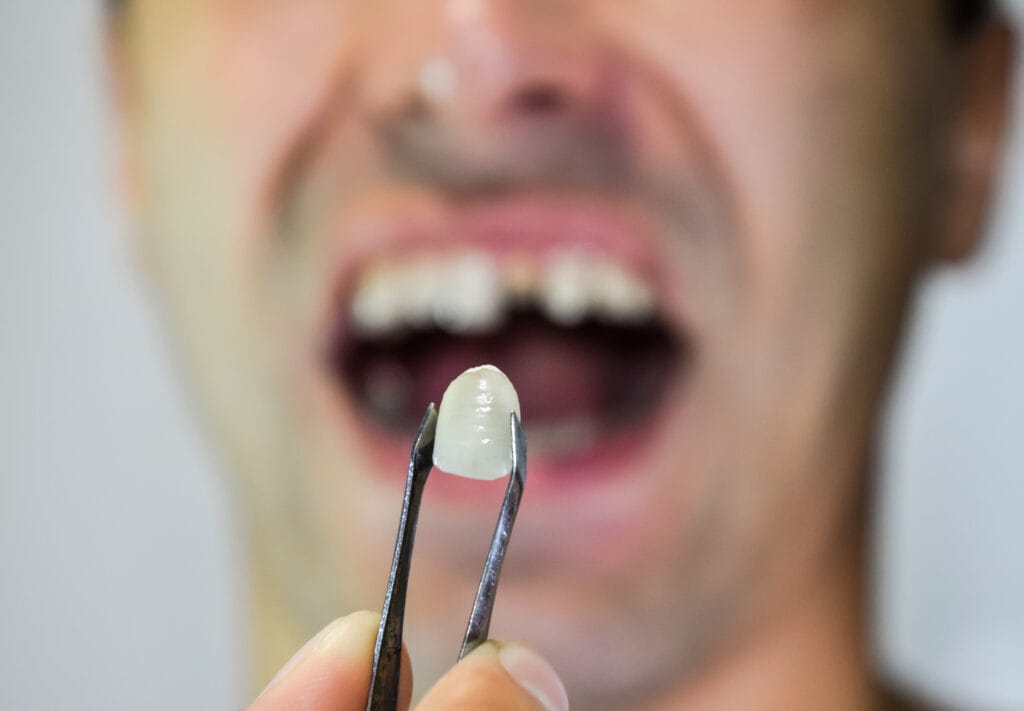Dental implants are popularly agreed to be the most favorable solution for lost teeth in the long term, but how is the position with people having gum diseases? Patients fear if bleeding in gums or bone loss can affect them for having implants or not.
Well: Yes. You can have the implants once the gum disease is treated.
Importance of Healthy Gums for Implants
Implants are not purely cosmetic. Instead, they rely on bone and gum tissue for strength and stability.
When periodontal disease is active, tissues or bones, which are supporting your teeth, are infected by the bacteria. Placing an implant in an environment that is already infected will only increase the possibility of:
- Risk of failure of implant due to poor integration of bone;
- Peri-implantitis: gum disease surrounding the implant;
- Present bone loss, resulting in difficult future treatment;
To sum it up, treatment of gum disease is not an option; it is a must.
How To Get Implants After Gum Disease
A thorough plan allows for proceeding with the implants in the presence of gum diseases.
Your journey may take a few more steps after this one:
-
Full Periodontal Assessment
Your dentist will carry out a thorough examination to include:- X-rays or 3D scans for viewing the level of the bone
- Measurements of gum pocket depth
- A check on the state of oral hygiene
-
Treatment for Gum Disease
If an infection is ongoing then at number one comes:- Scaling and root planing (deep cleaning)
- Antibiotic therapy as indicated
- Improved home care using an antibacterial mouth rinse, flossing, etc.
-
Stabilization and Monitoring
Once the initial treatment is finished, your dentist will monitor your healing. You will be maintained on a schedule that will include:- Regular hygiene sessions (every 3 months)
- Home care programs to maintain bacterial levels low
- Re-assessment of your gums and bone
-
Bone Grafting (If Necessary)
Bone loss due to gum disease could jeopardize the success of the implant.Weak, thin, or shallow bone may need grafting to stimulate new alveolar bone formation. This involves the application of grafting material (either natural or synthetic), which will provoke the natural healing process over the next 3–6 months.
-
Implant Placement
Once the condition of the gums and bone stabilizes, proceed with:- Inserting the implant post into the jawbone
- Healing for a couple of months
- Placing the crown or bridge to restore your smile
What Actually Happens If The Gum Diseases Are Left Untreated?
Placing the implants in the presence of gum disease is like trying to build your house on a crumbling foundation.
The repercussions are:
- Implant rejection or failure;
- Destruction of bone and tissue;
- Pain, infection, or further surgery.
Treating first hence enhances your success rate and protects your long-term oral legislation.
Frequently Asked Questions (FAQs)
1. Can you get dental implants if you currently have gum disease?
No if your gum disease is active with inflammation and bone loss, implants should wait until it’s stabilised.
2. What needs to happen before implants can be placed when gum disease is present?
You must have the gum disease treated (scaling, root planing), inflammation under control, and enough healthy bone present.
3. What extra care is needed if implants are placed in a patient who had gum disease?
They’ll need stricter oral hygiene, regular specialist check-ups, and monitoring for implant-related gum problems like peri-implantitis.
4. What are the risks if implants are placed before gum disease is under control?
Risks include poor healing, implant failure, bone loss around the implant, and higher chances of infection.
If the implant is done on the patient with gum disease, it may take a while. This calls for commitment, good hygiene, and scheduled dental visits, but the outcomes are life-changing.
Many patients go successfully through implant therapy to long-lasting satisfaction after gum care.
Why Choose Pearl Dental Surgeries?
At Pearl Dental Surgeries, we routinely treat patients with gum disease to prepare them for dental implants. Our method contains:
- Gum therapy and monitoring
- Bone grafting when required
- Long-term maintenance and care
Each patient is unique, and we look forward to supporting you through every step of your journey with an implant.
Ready to make a start?
At Pearl Dental Surgery, a trusted dental clinic in Norwich, we’ve restored confident smiles for countless patients through our advanced dental implant treatments.
Reach out to us today for a consultation to discuss options for implants in a safe and confident manner.

